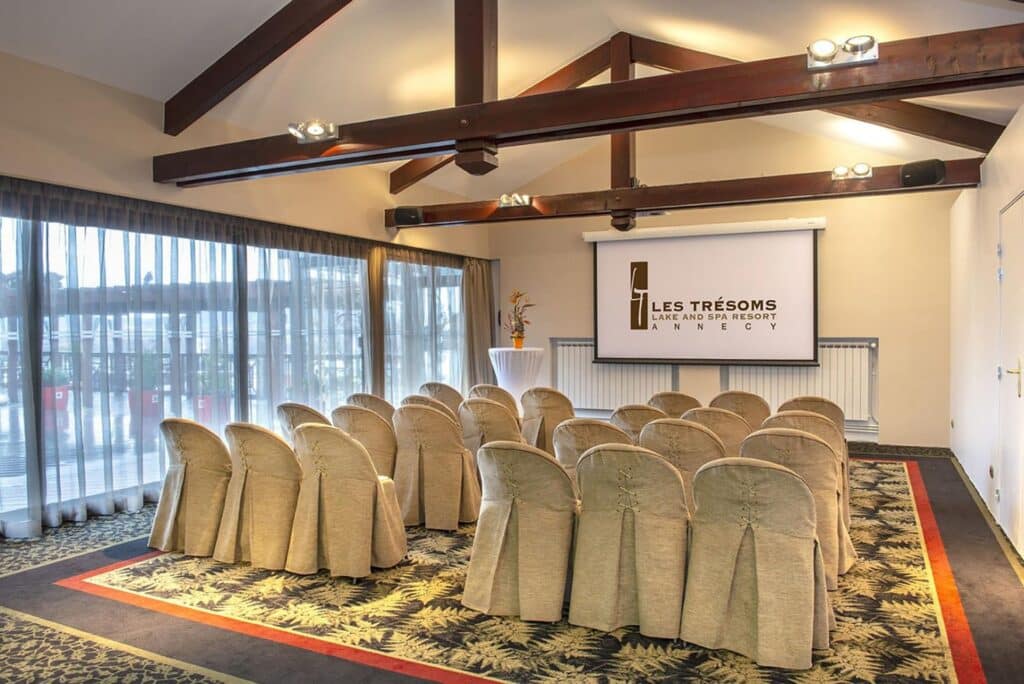As an avid improvisator (I’m part of 2 improv theatre groups and practise regularly), I cannot advocate improv enough!
Why? Well, let me start with the most relevant point: ALL OF LIFE IS IMPROV. Whether we realise it or not! We are constantly shifting and adjusting to ever-changing situations (world pandemic anyone?). Without even knowing it, we have the opportunity to use improv techniques in our everyday activities.
In order for improv troupes to be successful, there are a number of guidelines/principles they need to play by. Some of these principles include:
- Accepting offers
- Make your partner look good
- Building trust
- Listening and awareness
- Non-verbal communication
When things are going well, notice how you may naturally be applying some of these techniques and enjoy the ride!
Many of our conflicts and frustrations arise from blocking offers or driving our own agenda.
Some of the reasons we may refuse or block an offer:
- We don’t realise an offer has been made
- Accepting the offer might mean more work
- Saying no feels safer
- Ideas may seem too risky or silly
- Concern that someone else might get the credit
- Contradicting makes us feel smart
- Conflict is exciting (shout out to all the drama queens and kings!)
The invitation then, is to take the opportunity when things aren’t going as planned, to look at how you can apply this principle of accepting offers. Offers can present themselves in many forms, from a colleague’s compliment/criticism to a proposition of taking on a new project.
Opportunities are presented to us multiple times per day.
Here’s an easy example that many can relate to. You make the ever-frustrating phone call to tech-support. The first live human being you talk to immediately asks to put you on hold. That, my friends is an invitation! A non-improv response might be ‘fine’ with flat energy or a slightly exasperated voice. An improv response would be an upbeat, friendly ‘sure, no problem’ or ‘sure, and I’m on a tight deadline’. Of course, no one wants to be put on hold, the point is how you react can impact your mood, the exchange and the outcome.
By accepting offers regularly, we build the flexibility and adaptability muscles. These are two crucial muscles to have in prime condition because they increase our value to family, friends and our organization by making us more collaborative and easy going. (I’m not suggesting you say yes to things that go against your values or are unethical.)
Imagine the gratification, when on stage no-one in the troupe knows what is going to happen next, and we still manage to get through (or survive) the situation. Often extremely entertained by our blunders or bloopers, flubs and flops, the group dynamic is soldered by our accidental successes! How can this not be taught in all schools from a young age?
My invitation to you today is to start observing the offers that are presented to you. To assist you, click on this link to download this worksheet: Chivalry in the Station (downloading it will allow you to type on the document).
Many of the above concepts come from Katt Koppett’s book ‘Training to Imagine‘ which I highly recommend.
Read this article on how improv can help us in our daily lives, by comedian and actor Salman Qureshi (and don’t think for a minute the UAE is any different than the rest of the world).
Watch me here improvising and creating a song with my CatCave9 improv troupe saying goodbye to our fellow improviser Christi.











